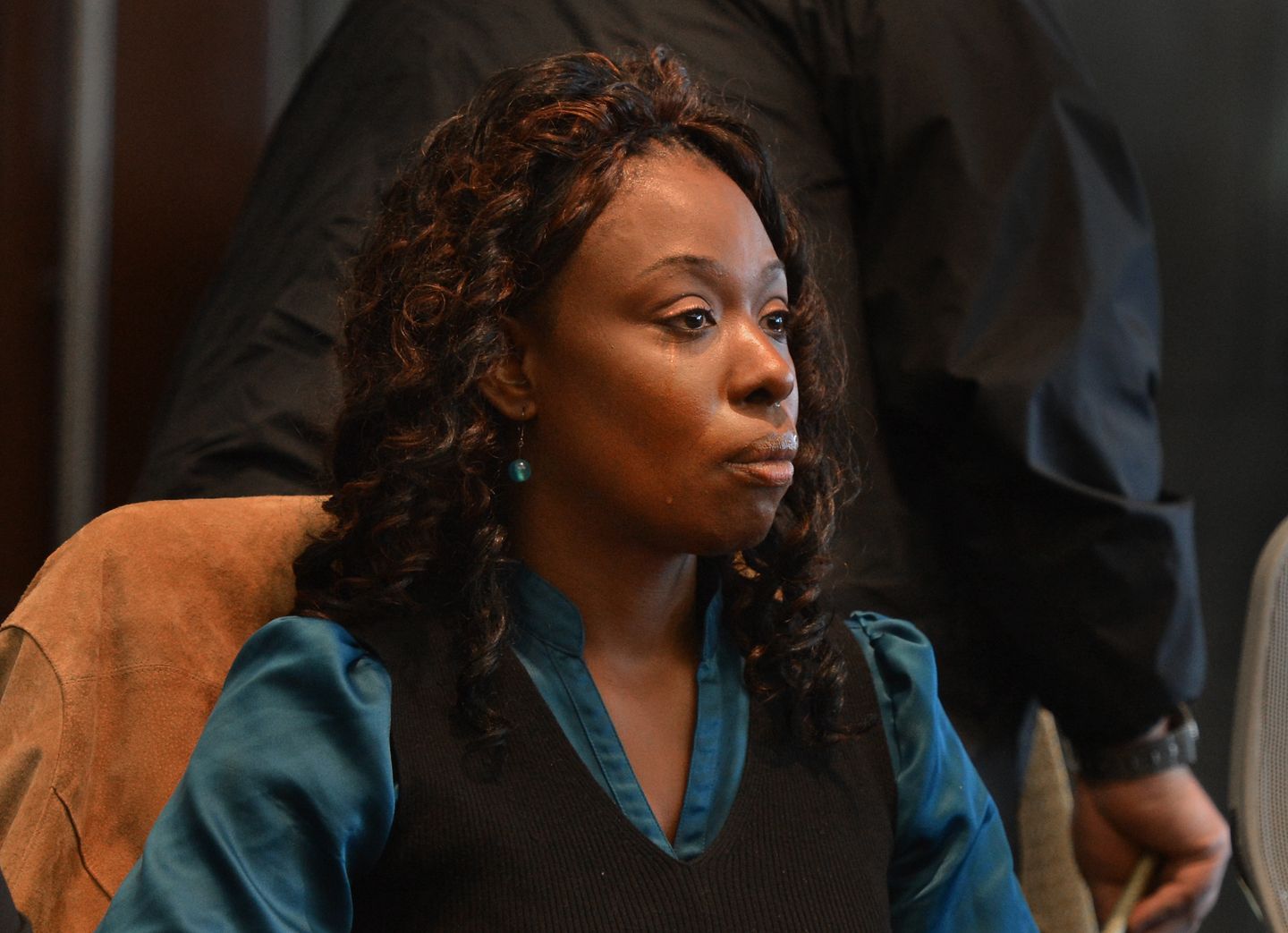In a shocking turn of events, Crystal Mangum, the woman who accused three Duke lacrosse players of rape back in 2006, has come forward in a new interview to admit that her accusations were false.
The case, which gained national attention and sparked a heated debate about race, class, and the justice system, began when Mangum, who was working as a stripper at an off-campus party thrown by members of the Duke lacrosse team, claimed that she had been raped by three of the players.
The accusations sent shockwaves through the Duke University community and beyond, with the players facing intense scrutiny and backlash from the public. The case quickly became a media sensation, with pundits and commentators weighing in on the alleged crime and its implications for college sports and the justice system.
However, in a new interview with a local news outlet, Mangum has now come clean about the accusations, admitting that she fabricated the story and lied about being raped. She revealed that she was struggling with personal issues at the time and felt pressured to make up the allegations in order to gain sympathy and support.
Mangum’s admission has reignited the debate surrounding the case, with many questioning the impact of false accusations on the lives of those accused and the broader implications for the justice system. The Duke lacrosse players, who were ultimately cleared of all charges after a lengthy legal battle, have since moved on with their lives, but the scars of the false accusations still linger.
The case also shed light on the complexities of sexual assault allegations and the challenges of investigating and prosecuting such cases. The Duke lacrosse case exposed flaws in the criminal justice system and highlighted the need for reforms to ensure that all parties involved are treated fairly and justly.
Mangum’s confession has sparked a mix of reactions from the public, with some expressing sympathy for her struggles and others condemning her for the harm she caused to the players and their families. The case serves as a cautionary tale about the dangers of jumping to conclusions and the importance of due process in cases of alleged sexual assault.
In the aftermath of the Duke lacrosse case, the players filed a lawsuit against Duke University, the city of Durham, and others involved in the investigation, seeking damages for the harm caused by the false accusations. The lawsuit was eventually settled out of court, with the players receiving a financial settlement and an apology from the university.
The Duke lacrosse case remains a controversial and divisive chapter in the history of college sports and the criminal justice system. It serves as a reminder of the power of false accusations to destroy lives and reputations, and the importance of seeking the truth in all cases of alleged wrongdoing.
As for Crystal Mangum, her confession may bring closure to a painful chapter in her life, but the repercussions of her actions will continue to reverberate for years to come. The Duke lacrosse case serves as a cautionary tale about the dangers of making false accusations and the need for a fair and impartial justice system to ensure that all parties are treated with respect and dignity.









